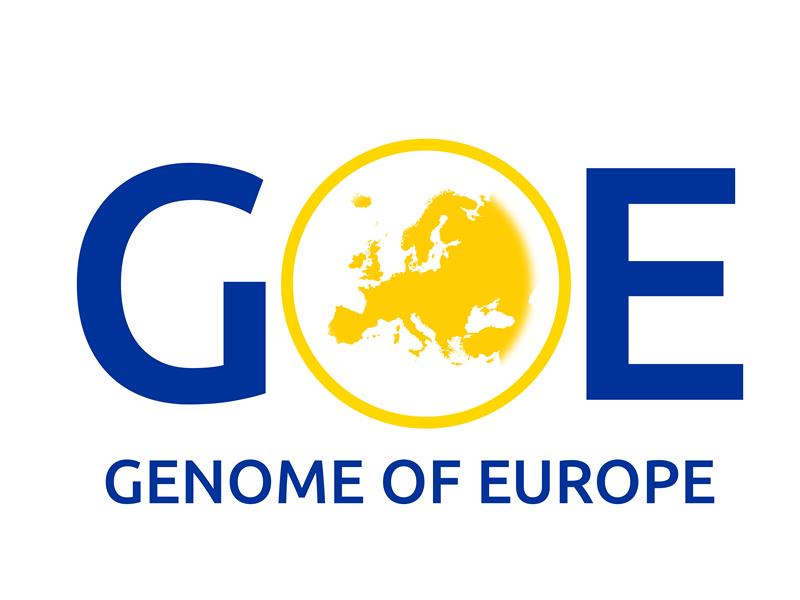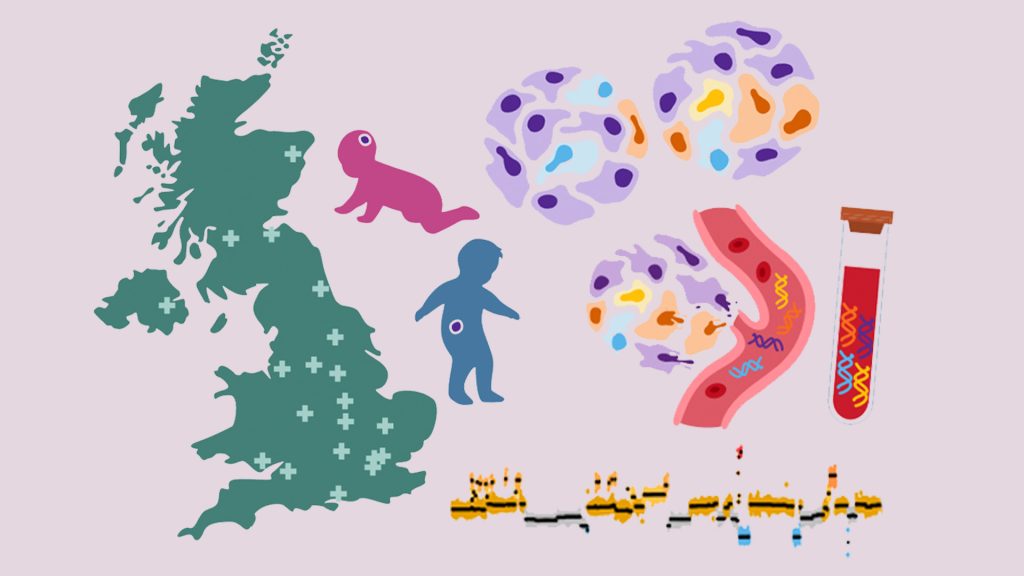Italy at the centre of the Genome of Europe project

The Human Technopole, ELIXIR Italia, the national node of the European life sciences research infrastructure coordinated by the National Research Council (CNR), and the Centro Cardiologico Monzino, as the Italian coordinating centre, have been selected as the Italian partners of Genome of Europe (GoE), the largest EU-funded genomic project, whose ultimate goal is to make prevention and personalised treatment possible for all European citizens.
GoE will play a crucial role in future genetic discoveries for healthcare and prevention, support national genomics programmes and facilitate the integration of genomics into the European Health Data Space (an ecosystem for health consisting of common rules, standards and practices, infrastructure and a governance framework for access to electronic health data and their sharing/control).
The project will lead to the establishment of a database, to which 27 EU countries will contribute, and which will initially contain approximately 100,000 fully sequenced genomes, representative of European inhabitants from the top 40 subpopulations (ethnicities). In a second phase, the database will grow to contain 500,000 genomes. GoE will generate a single European reference genome and a set of ‘national’ genomes on which to base clinical and laboratory research for new drugs, new targeted therapies, new prevention strategies and more accurate diagnoses.
This is a monumental project, supported in its initial phase by EUR 45 million of funding (of which EUR 20 million from the EU) for the next three and a half years, involving over 100 researchers and experts from 49 institutions in 27 countries. In some countries, including Italy, independent national genome initiatives already exist, but this is the first time that all EU countries have united their efforts in a single project, a fundamental step for precision medicine on our continent.
The genetic information of a person’s DNA or genome, in fact, is the foundation of new customised medicine both for treatment – for example with molecular drugs – and for prevention, as is the case in oncology for the prophylaxis of hereditary cancers. To date, however, the reference genome for distinguishing a ‘normal’ genome from that of a person who is ill or at increased risk of disease is essentially the Anglo-Saxon – American or British – genome, whereas Europe has enormous genomic variability that is not represented in this genome. GoE will be the first European reference genome.
In Italy, the three partners aim to collect and sequence around 15,800 genomes, using DNA samples from existing national biobanks, and to integrate these data into the pan-European genomic reference.
“GoE will potentially have a transformative effect on European healthcare,” says Gualtiero Colombo, Director of the Monzino Laboratory of Immunology and Functional Genomics and Principal Investigator of the Italian project. “Today we only use part of the genome, representing almost only one area of the world. When we will have the sequence of the entire genome for the country and continent in which we live in, a new era for medicine will begin. The spin-off will be immediate for the diagnosis of rare diseases and the development of precision treatment, which we are already partially able to apply. However, the real revolution will come in predictive genomics, which will be able to create a sort of personal identity card for disease risk and response to drugs, also in terms of side effects. In clinical terms, this means targeting interventions on those who can actually benefit from them, avoiding actions which are unnecessary for patients and costly for healthcare systems. Monzino has been investing for many years in this direction and today we are at the forefront of programmes to identify cardiovascular risk profiles. We are among the first research hospitals to have a Department dedicated to Cardiovascular Prevention.”
“Genome of Europe represents a fundamental step in the advancement of personalised medicine and Human Technopole plays a key role in this historic initiative. By contributing the Italian share of 15,800 genomes, we are helping to create a truly representative database of European genetic diversity. The GoE project will be crucial in supporting national genomic programmes and integrating genomics into the European health data space. In the long term, the GoE and 1+MG databases will improve healthcare in Europe, enabling better early detection, diagnosis and prevention of diseases, while promoting the EU’s role in genomics-driven precision medicine,” underlined Nicole Soranzo, Head of the Genomics Research Centre – Population & Medical Genomics at Human Technopole.
“One of the most important challenges of this project is the integration of the genetic data produced in a national infrastructure that is fully integrated into the European infrastructure, which is currently being implemented as part of the ‘Genome Data Infrastructure’ (GDI) project with the technical coordination of the CNR,” says Graziano Pesole, National Co-ordinator of the Italian node of ELIXIR – “This federated infrastructure on a European scale would make it possible to overcome the enormous fragmentation of the large number of national and European Precision Medicine projects, guaranteeing the widest possible sharing of data in compliance with all the ethical-legal regulations envisaged for sensitive data, which is absolutely necessary to maximise the sustainability and efficiency of the National Health Service.”
About Genome of Europe (GoE)
The Genome of Europe project aims to create a unique pan-European reference database of (initially) at least 100,000 genomes, a milestone in support of the broader 1+ Million Genomes initiative (1+MG, a European project to create a state-of-the-art cross-border database for research and future clinical applications). The reference database will represent different European populations, integrating existing and new genomic datasets through de novo sequencing of distinct national populations. The project includes 49 partners in 27 European countries (26 EU + 1 non-EU) and has a funding of EUR 45 million, of which EUR 20 million comes from the European Commission under the Digital Europe programme.
The main objectives of the initiative are
- Creating a Pan-European Community of Practice: Establishing a collaborative community to support the reference genome project.
- Evaluate the long-term potential of genome sequencing in research and health care in Europe and beyond, including different sequencing technologies, including long read sequencing helping to uncover previously inaccessible “dark regions” of the genome.
- Ethics, Data Security, and Legal Compliance: The project will be guided by ethical, legal, and societal considerations while upholding stringent data security standards building (inter)national guidelines for the responsible use of WGS that leads to better healthcare for EU citizens.
- Embedding GoE Data within Europe’s Genomic Data Infrastructure: Integrating GoE data into the previously funded Digital Europe Programme’s Genomic Data Infrastructure (GDI) project, ensuring interoperability across initiatives.
- Assessing GoE’s Impact and Usability: Through case studies, evaluating the project’s contributions to understanding genetic diversity, enabling multi-ancestry imputation, and enhancing genetic risk profiling.




